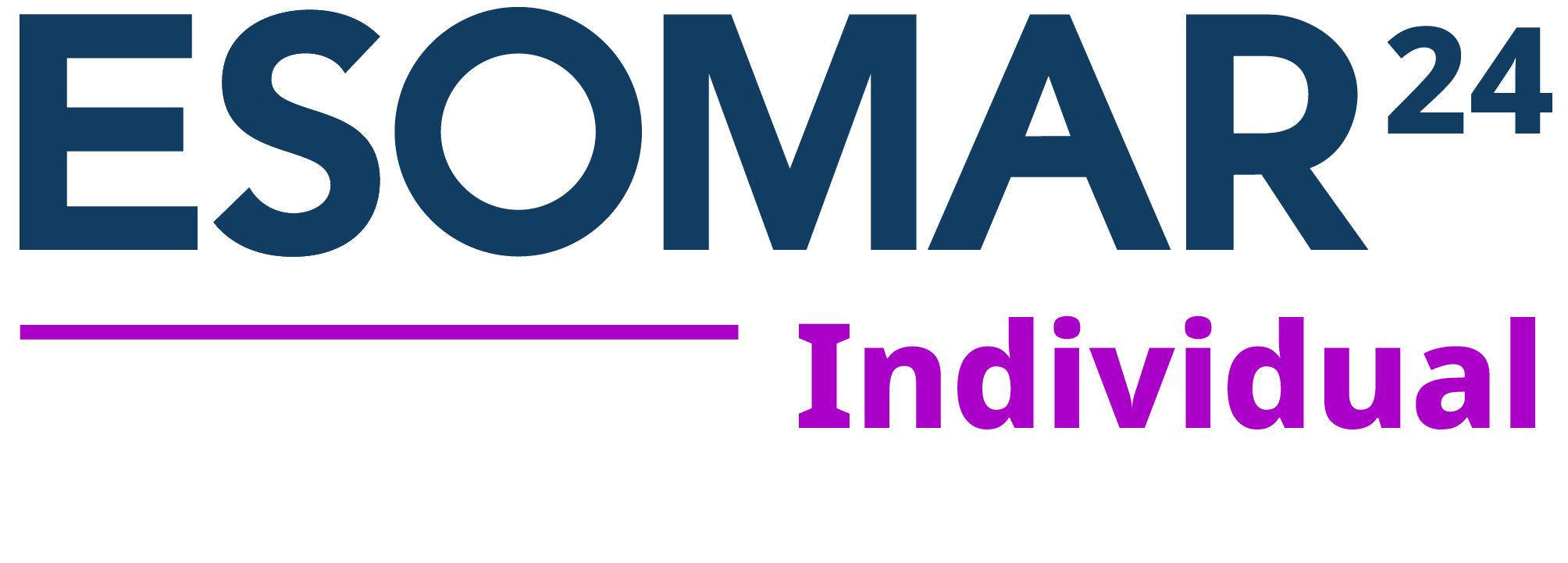NO votes have continued their upward trend and now exceed the YES vote on an Indigenous Voice to Parliament.
Less than four in ten voters (36%) support an alteration to the Constitution that establishes an Aboriginal and Torres Strait Islander Voice and plan to vote YES in the October 14th referendum. This is similar to 39% in June but lower than 42% in February and 43% in August 2022.
Almost half (48%) of voters now do not support this change and plan to vote NO, up from 37% in June, 28% in February and 23% in August 2022. Significant increases in the NO vote among women, across all age groups and in WA and SA over the past four months have contributed to this overall increase.
Few voters feel they are still in need of more information or undecided (16%, down from 23% in June and 30% in February), with four in ten among this group already leaning toward a YES or NO vote.
Taking these leanings into account, overall, 52% of voters plan to vote NO in this referendum, up from 43% in June and 36% in February. Just 39% plan to vote YES, down from 46% in June and 51% in February.
Among those with a view and who plan to turn out to vote, the NO vote is 57%, with just 43% planning to vote YES.
The NO vote also outweighs the YES vote at state level, except in Victoria where the vote is more evenly split, suggesting a double majority is out of reach for the YES case.

Support for an Indigenous Voice to Parliament strongest among young adults and Labor and Greens voters
Strong generational differences persist in the Voice debate, with a majority of 18-34s still planning to vote YES, a majority of over 55s still planning to vote NO, and 35-54 year olds also now tipping toward a majority NO vote.
Opinion also divides along political lines, with Greens and ALP supporters largely set to vote YES on October 14th, while most supporters of the Liberals / Nationals and other minor parties and independents plan to vote NO.
It is not surprising that voters who recall seeing mainly opposing information, advertising, media stories or social media posts about the referendum are more likely to vote NO (52%) than YES (43%). However, it remains problematic for the YES campaign that voters who have seen mostly supportive content about the Voice are also more likely to vote NO (61%) than YES (34%).
This special True Issues Indigenous Voice to Parliament poll was conducted as an online survey between 6 – 9 October among a representative national sample of 922 Australian voters.








